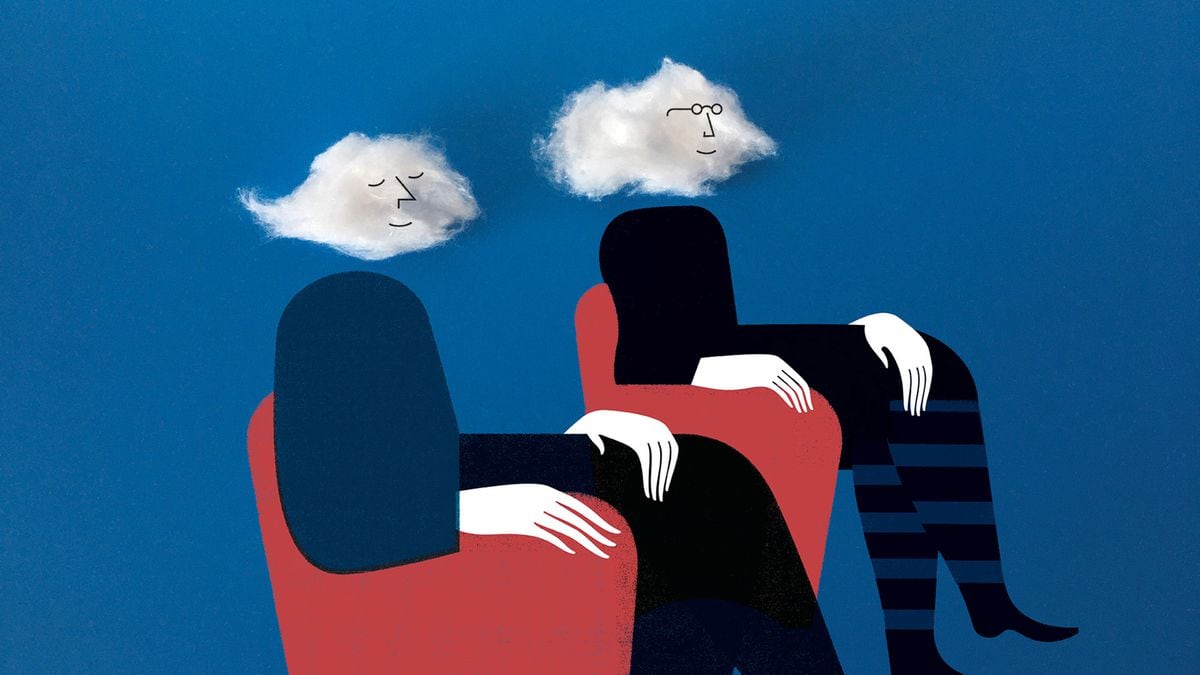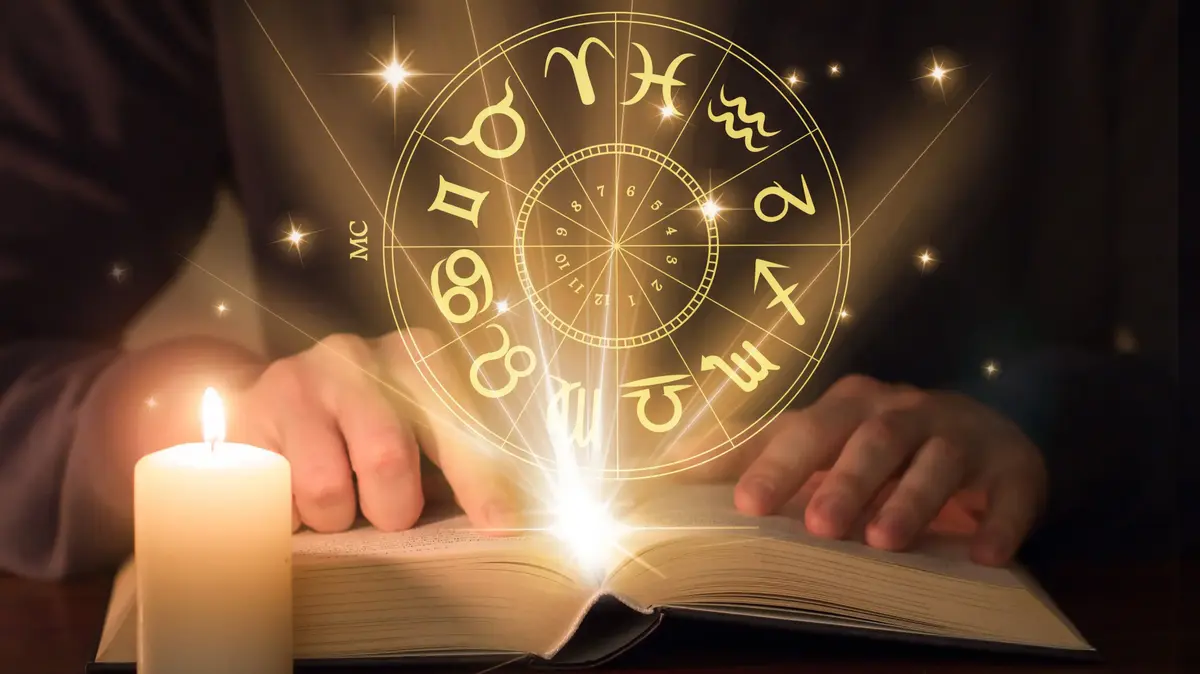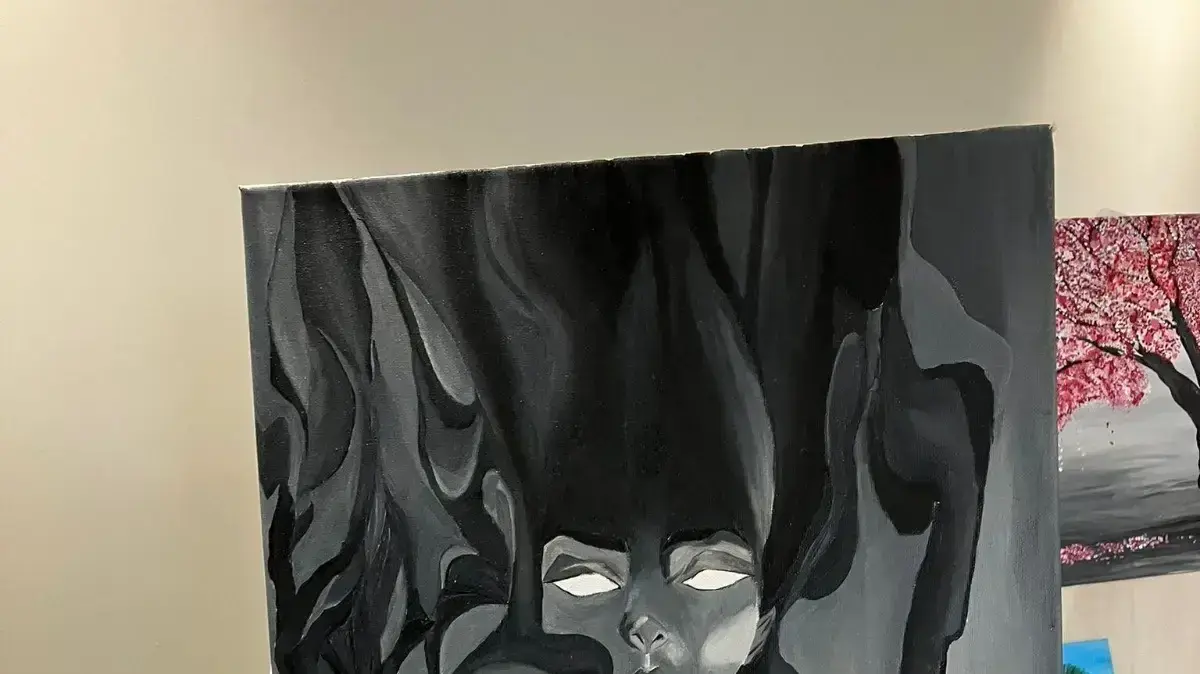Billy Wilder used to say that the movies ought to make viewers forget about their unpaid bills or problems at work.
As I have observed, culture is a healing space.
The last two years have demonstrated that.
Enjoying a concert, reading a book, getting lost in a museum or being moved by a play have served not only as forms of entertainment and escape, but also as ways of learning and emotional rebuilding.
Those processes happen not only with cultural activities that we consume, but also to those that we do ourselves, such as writing, sculpting or painting.
There is scientific evidence that any cultural activity, whether passive or active, benefits mental health on several levels.
Cognitively, it focuses our attention amidst an overload of data and stimulation.
Reflecting on fears, doubts and insecurities in a diary can help us organize our ideas and calm down.
Watching a movie can strengthen our episodic and semantic memory through the effort of storing the sequences that will be consolidated as memories.
Reflecting on existential and anthropological questions, as portrayed by great directors, painters or writers, stimulates us intellectually.
On a social level, attending the opera or the theater encourages us to share opinions and ideas, develop critical thinking and become more tolerant.
On a physical level, culture revitalizes us by putting our minds at peace, reducing anxiety and stress levels.
Listening to music, for example, has a beneficial effect on brain chemicals like dopamine and oxytocin.
It can also help lower cortisol levels.
In emotional terms, these activities put us in contact with our fears and worries, allowing us to better accept them.
Identifying with similar characters in a movie or a book increases our introspection and helps us get to know each other.
At the same time, confronting antagonistic characters challenges us by questioning our points of view.
Culture also satisfies our desire for pleasure and entertainment.
As Alfred Hitchcock said, "There is something more important than logic: imagination."
Global health institutions have finally recognized the thesis that artistic practices have positive effects on well-being.
The Office for the European Region of the World Health Organization published a report supported by more than 3,000 scientific studies in November 2019. The WHO has urged European governments to incorporate the arts into their health and wellness policies.
In September 2020, the Spanish senate requested that the government declare culture as an essential asset.
In healthcare environments, some projects use art and culture to humanize the hospital experience.
The Cultura en Vena foundation has orchestrated some such initiatives.
In one of them, an exhibition in a hospital shows reproductions of works from the Prado Museum, alongside texts meant to connect with the emotional experiences of the spectators.
Another way of participating in culture is through reading.
Every day, patients plagued by anxiety, depression, and helplessness approach the shelves in search of relief.
As Guillermo Lahera, Professor of Psychiatry at the University of Alcalá, says, “literature is a powerful source of meaning.”
Language structures the psyche, and reading can be a form of therapy.
The British bibliotherapy initiative Reading Well Books on Prescription has gained wide acceptance from clinicians and patients.
As anxiety, depression, insomnia, and stress have grown more common, experts have begun searching for solutions that complement typical treatments.
Health workers are in an important position to recommend cultural activities that help rebuild the world and heal the soul.
As Almudena Grandes used to say, “culture is an ingredient of happiness.”
Philosophy, literature, and the arts help us to better understand the complexity of human experience.
Patricia Fernández Martín
is a clinical psychologist at the Ramón y Cajal Hospital in Madrid.






/cloudfront-eu-central-1.images.arcpublishing.com/prisa/NMJYW7ZSYRBHHP5LUWX75T3PBE.jpeg)







